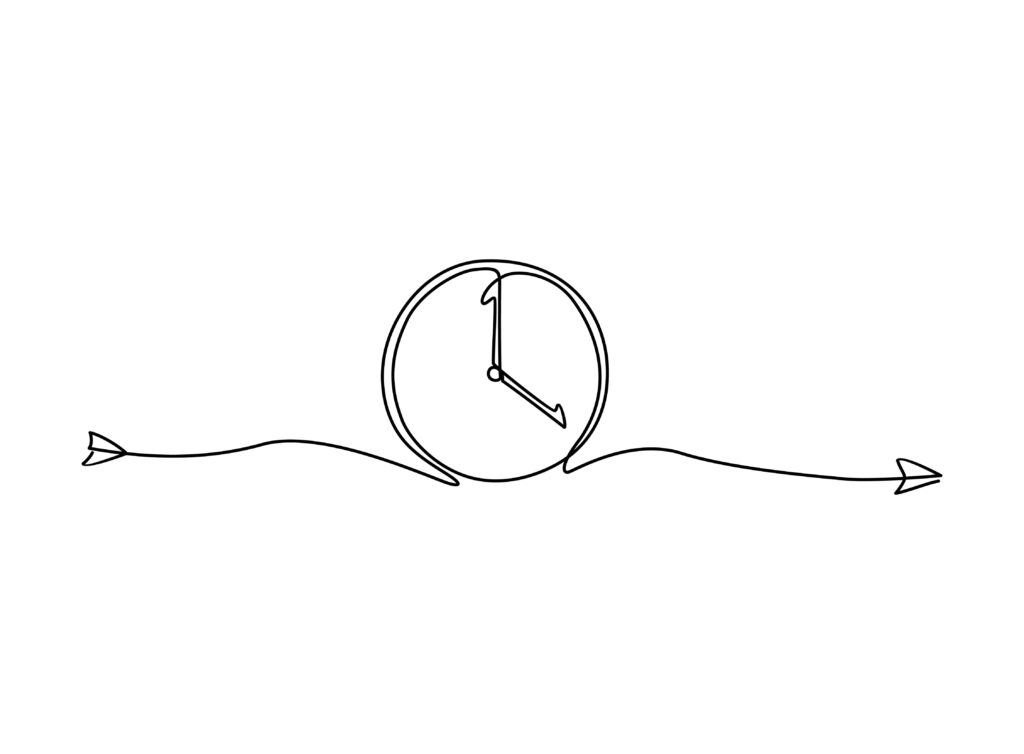Aruguably the most common symptom of dementia is a loss of sense of time (time of day, month, year), which can cause anxiety and confusion for the person with the condition and their caregivers. Dementia clocks and calendars are simple tools that can help manage time, reduce anxiety, and improve the quality of life for people with dementia and their caregivers.
What are Dementia Clocks and Calendars?
Dementia clocks and calendars are specialized clocks and calendars that are designed to help people with dementia keep track of time, date, and day of the week. They are designed to be clear and easy to read, with large, bold numbers and letters. Some clocks and calendars come with extra features, such as reminders for medication, appointments, and daily tasks. They are available in different sizes and formats, such as digital or analog clocks, wall calendars, and desk calendars.
How do Dementia Clocks and Calendars Help?
Dementia clocks and calendars are essential tools for people with dementia because they help them maintain a sense of routine and structure. When people with dementia lose track of time, they may become disoriented and confused, which can lead to anxiety and agitation. A clear and easy-to-read clock or calendar can help them stay grounded and oriented in time, reducing anxiety and stress.
Dementia clocks and calendars can also be useful for caregivers. They can help caregivers keep track of appointments, medication schedules, and daily routines, which can be challenging when caring for someone with dementia. Caregivers can also use the clocks and calendars to schedule activities and plan their day, helping to create a sense of structure and routine.
Real-life Stories of Dementia Clocks and Calendars
Mary is a 72-year-old woman with early-stage dementia. She lives with her daughter, who works full-time. Mary often forgets what day it is, and her daughter noticed that she was becoming increasingly anxious and confused. To help her mother, she bought a large digital clock that displays the time, date, and day of the week in bold, easy-to-read letters. Mary immediately felt more secure and less anxious, and her daughter noticed that she became more independent and self-sufficient.
Bob and Sue are an elderly couple who both have dementia. They live in a two-story house, and Sue often gets lost or confused when she goes upstairs. To help her navigate the house, Bob installed a digital clock and a large wall calendar on both floors of the house. Sue now checks the clock and calendar regularly, which helps her keep track of time and remember what she needs to do. Bob and Sue’s daughter noticed that they were less anxious and more relaxed since they started using the clocks and calendars.
Why Do People With Dementia Lose Sense of Time and Day?

There are several reasons why someone with dementia may lose their sense of time and day. The first reason is that the parts of the brain that are responsible for processing and storing memories can become damaged as a result of the disease. This can make it difficult for a person with dementia to remember recent events, including what day it is.
Another reason why someone with dementia may lose their sense of time and day is that the condition can affect their ability to understand the passage of time. They may have difficulty distinguishing between morning and afternoon or may not understand how much time has passed since they last ate or took their medication.
In addition to these factors, changes in behavior and sleep patterns can also contribute to a loss of sense of time and day for someone with dementia. They may become more restless at night and sleep during the day, making it difficult to maintain a regular routine and schedule.
The loss of sense of time and day can be distressing for someone with dementia because it can lead to feelings of confusion, disorientation, and anxiety. It can also be challenging for caregivers, who may need to provide constant reassurance and support to help the person with dementia feel more grounded and oriented in time.
Dementia clocks and calendars are useful tools for managing this symptom because they provide structure and routine, helping to maintain a sense of orientation and reduce confusion and anxiety. They can also help caregivers keep track of appointments, medication schedules, and daily routines, which can be challenging when caring for someone with dementia.
Overall, a loss of sense of time and day is a common symptom of dementia that can cause significant distress for the person with dementia and their caregivers. Understanding the reasons behind this symptom can help caregivers provide better support and care, and tools like dementia clocks and calendars can be a valuable aid in managing this aspect of the condition.
Dementia clocks and calendars are essential tools for managing time and reducing anxiety for people with dementia and their caregivers. They provide structure and routine, helping to maintain a sense of orientation and reduce confusion and agitation. They are easy to use and come in different sizes and formats, making them a practical and useful tool for anyone caring for someone with dementia.





